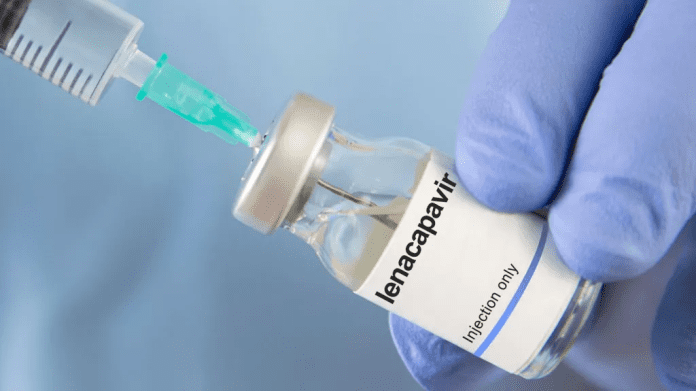Kenyans will access the newly developed HIV prevention injection at around Sh5,000. This follows a partnership between the Gates Foundation and Indian pharmaceutical Hetero Labs which will manufacture a generic of the injectable drug known as Lenacapavir. The generic version will be sold at $40 which at currently rates amounts to about Sh5,170.
“We are pleased to be partnering with the Gates Foundation to establish a sustainable and affordable supply of Lenacapavir. This collaboration reflects our commitment to ensuring access to innovative HIV medicines for patients in India and other low and middle income countries,” said Dr. Vamsi Krishna who is the managing director of the Hetero Group of Companies.
Besides Kenya, the drug will be sold at the same price to about 119 other countries in the low and middle income category.
This drug, which will be taken twice per year, was originally developed by Gilead Sciences and shall be taken twice per year. It was approved by the Food and Drug Administration (FDA) in June 2025 following successful clinical trials.
Lenacapavir has been clinically found to be more effective that the existing pre-exposure prophylaxis which are popularly known as PrEP. It reduces the risk of HIV transmission by more than 99.9 percent in adults and adolescents – making it functionally akin to a powerful vaccine.
Prior to the approval by the FDA, Gilead Sciences conducted two large clinical trials. The first clinical trial involved more than 2,000 women in sub-Saharan Africa.
The results from this trial showed a 100 percent reduction in infections, and demonstrated superiority over the daily oral PrEP pill Truvada.
Truvada was also developed by Gilead and was the first pre-exposure prophylaxis drug to be approved in the year 2012.
Breakthrough: FDA approves powerful, twice-yearly HIV prevention injection
The second clinical trial involved over 2,000 men and gender-diverse individuals. The results from this trial showed that the injection was superior to the existing PrEP with a 99.9 percent prevention rate.
In the two clinical trials, the reported side effects from the injection included nausea and mild headaches.








